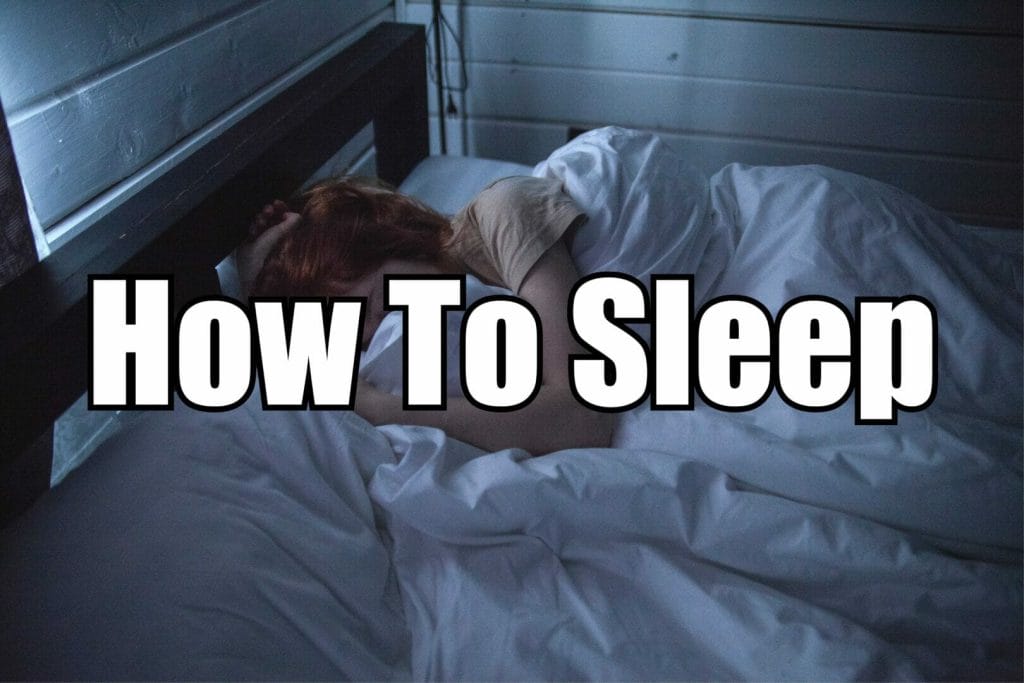You’ve started on a path towards better health and fitness, working on your diet, incorporating exercise, and generally taking better care of yourself. But have you ever considered the crucial role that sleep plays in your overall health and fitness plan? Let’s dive in.
The Purpose of Sleep
Sleep isn’t just a time for your body to rest. It’s a complex, essential biological process where a lot of important things happen. When you’re in the land of dreams, your body works hard to repair muscles, consolidate memories, and regulate hormones, including those responsible for hunger and appetite.
A good night’s sleep improves cognitive function, mood, and energy levels. In the context of health and fitness, quality sleep supports muscle recovery, promotes healthy weight management, and fuels your workouts.
So, How Much Sleep Do You Really Need?
While everyone is slightly different, the National Sleep Foundation recommends that adults aim for 7 to 9 hours of sleep per night. Anything less can affect your mental clarity, mood, and energy, as well as hinder your fitness progress.
The quality of sleep is just as important as the quantity. Deep, uninterrupted sleep is more restorative than a longer but disturbed sleep.
Improving Sleep Hygiene for Healthier Sleep Habits
Just as you maintain good personal hygiene, it’s equally important to practice good sleep hygiene. Here’s how:
- Stick to a sleep schedule: Go to bed and wake up at the same time every day, even on weekends. Consistency reinforces your body’s sleep-wake cycle.
- Exercise is great, but not too late in the day: Try to exercise at least 30 minutes on most days, but not later than a few hours before bed.
- Avoid caffeine and nicotine: Coffee, certain teas, chocolate, and nicotine are stimulants, and they can take hours to wear off. Avoid them too close to bedtime.
- Avoid alcoholic drinks before bed: A “nightcap” might make you feel sleepy, but it can disrupt sleep later in the night.
- Avoid large meals and beverages late at night: A light snack is okay, but a large meal can cause indigestion, and a lot of fluid might mean frequent bathroom trips throughout the night.
- Don’t take naps after 3 p.m.: Naps can be a great way to recharge, especially for those not getting enough sleep at night, but late afternoon naps can make it harder to fall asleep at bedtime.
- Relax before bed: Develop a pre-sleep ritual to break the connection between all the day’s stress and bedtime. This might include meditation, relaxation exercises, taking a warm bath, or reading a calming book.
- Take a hot bath before bed: The drop in body temperature after getting out of the bath may help you feel sleepy, and the bath can help you relax and slow down, making it easier to fall asleep.
- Dark bedroom, cool bedroom, gadget-free bedroom: Create an environment conducive to sleep. That means cool, dark, and quiet. Consider using a fan or other means of creating a white noise background. Also, keep in mind that your mattress and pillow should be comfortable, and your bedroom should not contain reminders of work or other stressors.
While making these changes can require some effort, the payoff is enormous. Good sleep not only boosts your mood and energy but also optimizes your fitness results. It’s an essential pillar of health, right up there with nutrition and exercise. By integrating good sleep habits into your lifestyle, you’ll be well on your way to achieving your health and fitness goals. So, here’s to sweet dreams and healthier days!


